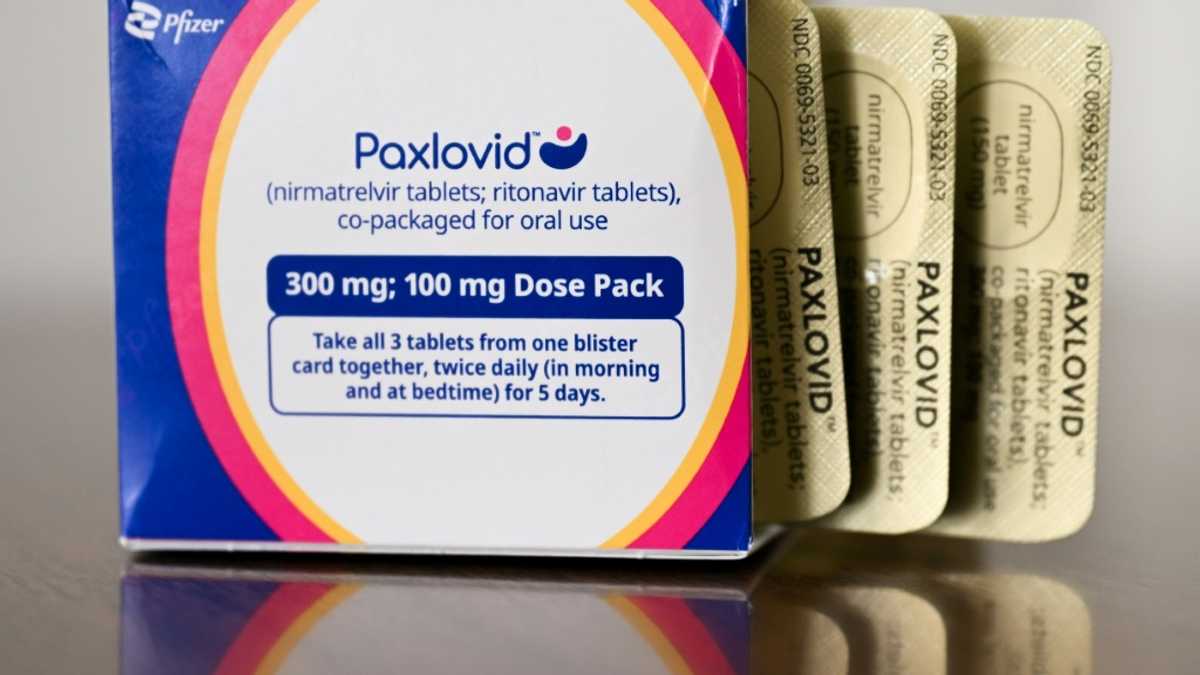Using Extra Virgin Olive Oil and Olive Mill Byproducts to Create Healthy Snacks
Researchers from Phenols4Health are evaluating cooking methods with extra virgin olive oil and a proprietary olive oil production byproduct to create healthy snack foods, with a focus on inhibiting the formation of advanced glycation end-products in cooked food. The project aims to develop products that appeal to consumers while preventing lipid oxidation and the formation of harmful compounds, potentially leading to the creation of a start-up specializing in functional enriched foods.
Researchers from Phenols4Health are working to evaluate cooking methods with extra virgin olive oil and a proprietary olive oil production byproduct to create a new line of healthy snack foods.
“Our main objective is… to understand how extra virgin olive oil rich in phenolic compounds can inhibit the formation of some compounds including advanced glycation end-products in cooked food,” Ítala Marx, a postdoctoral researcher at the University of Córdoba and principal investigator for Phenols4Health, told Olive Oil Times.
Advanced glycation end products are formed when protein or fat combine with sugar in the bloodstream. They contribute to increased inflammation and oxidative stress associated with diabetes and cardiovascular disease.
“Our previous results indicated that phenolic compounds in extra virgin olive oil can minimize lipid oxidation and in this sense, due to its high antioxidant capacity, we hope that it also inhibits the formation of these compounds,” Marx added.
The researchers’ secondary goal is to identify cooking methods that preserve polyphenols, which degrade when exposed to heat, light and oxygen.
For example, Marx said the team has been testing different cooking methods, looking at emerging alternatives such as air frying.
See Also:Extra Virgin Olive Oil Yields Superior Sottoli in Puglia
“We want to understand how different cooking methods can affect not only the phenolic composition but also the inhibition of advanced glycation end-products and the reduction of lipid oxidation in cooked foods,” she added.
The project, involving scientists from the University of Córdoba in Spain and the University of Campinas in Brazil, has already developed an extra virgin olive oil-based cracker and is working on producing flour enriched with their novel byproduct.
In one formulation, the researchers prepared the crackers similarly to regular crackers, replacing sunflower oil with Picual extra virgin olive oil produced in the Tabernas Desert in the Andalusian province of Almería. They also swapped white flour for gluten-free chickpea flour.
Due to an early harvest, the natural genetics of the Picual variety and the climate of the Tabernas Desert, the researchers selected extra virgin olive oil with a very high polyphenol content of 1,500 milligrams per kilogram.
As a result, Marx said the sensory properties of the extra virgin olive oil crackers were distinct, with a pronounced bitterness and characteristic smell of fresh extra virgin olive oil. The researchers also tested cracker formulations using refined olive oil as a control.
They aim to create products that appeal to various consumers and are healthier alternatives to typical snack foods.
Additionally, the researchers produced crackers using chickpea flour enriched with their proprietary olive oil production byproduct.
“To ensure phenolic enrichment of the crackers and propose an upcycling strategy for the byproducts of olive oil production, we are developing formulations with enriched chickpea flour, which can further contribute to the reduction of lipid oxidation, and which we hypothesize will also prevent the formation of advanced glycation end-products”, Marx said.
“ Our previous results in other foods, including fried potatoes and breaded chicken, showed that it was possible to reduce lipid oxidation using extra virgin olive oil and enrich the foods with antioxidant compounds using the olive production byproduct,” she added.
The Phenols4Health project is part of a broader trend in the Mediterranean of researchers searching for alternative uses for olive oil production byproducts.
A 2024 study identified freeze-dried olive powder, a byproduct of table olive production that retains phenolic compounds and monounsaturated fatty acids, as a healthy ingredient to enrich baked goods, seasonings and health supplements.
Separate initiatives have repurposed olive waste into an eclectic range of products from biofuel and bioplastic to building insulation, supercapacitors and animal feeds.
For her part, Marx believes snacks enriched with the olive oil byproduct will be a growing source of revenue for olive oil producers, and new companies will specialize in making these phenolic-rich snacks.
Indeed, once the Phenols4Health project ends in May 2026, Marx is considering launching a start-up that would produce a new generation of functionally enriched foods.
“My main objective is to develop new products… that are nutritional, sustainable and healthy, as well as to create new avenues and sources of revenue for olive oil producers, ” she said.
“These results allow us to think outside the box and propose the development of new, healthy, gluten-free snacks,” Marx concluded.









